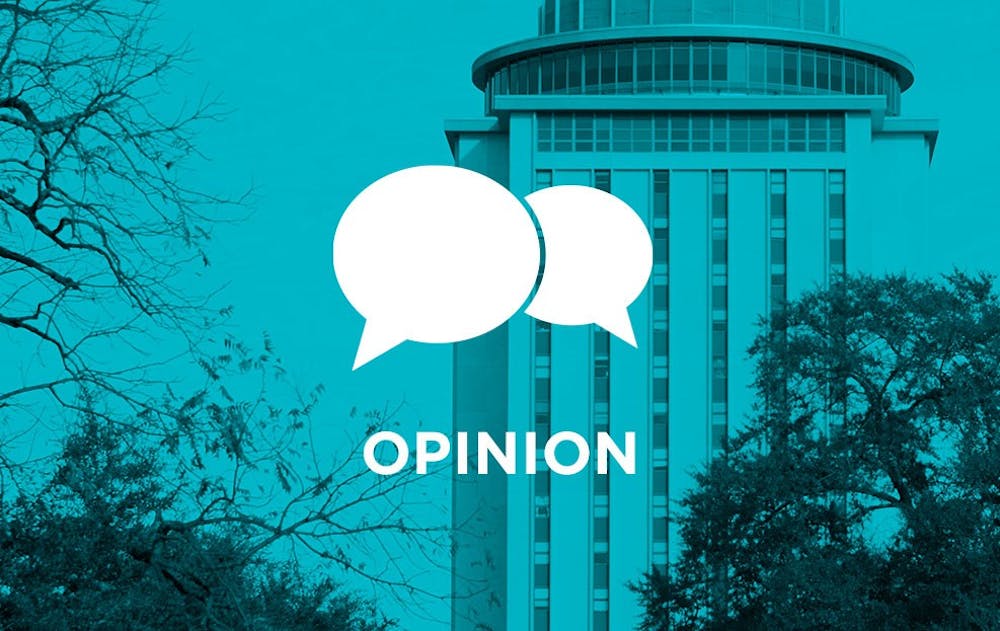This week is Stigma Free USC Week at USC — a week of events designed to raise awareness and reduce the stigma of mental illness. As this article is being written, the website doesn't work if you're using campus WiFi.
In many ways, this is representative of what students may face when they seek care for mental health issues. If you can get to it, the website provides serviceable, if limited, information — just as, if you can get to it, the university provides serviceable, if limited, mental healthcare — but in both cases, students face unexpected barriers to getting what they need.
Mental illness has been on the rise on college campuses nationwide. At USC, about 60 percent of students report feeling "overwhelming anxiety," up more than 10 percent from 2010; and the percentage of students reporting depression jumped from 26.4 percent to 33.2 percent in the same amount of time. One in 10 students here have seriously considered suicide in the last year, and one in 100 have attempted it.
Clearly, college campuses need to have good mental health supports in place — but USC doesn't.
We're not unique in this respect, and it's not the fault of any one person or group of people in our counseling center or administration. No one is trying to hurt students. But what it boils down to is this: We don't provide good preventative care. We don't have a support system in place for students who are dealing with mental health issues by themselves. And if students do seek help, the interventions available to them are often inadequate.
To start with, students aren't educated about how to deal with stress and mental health issues when we or our friends experience them. We have AlcoholEdu and Haven to teach us about other common college problems, but there simply is no similar system in place to make sure we know how to handle the transition to college, or how to respond when people we love tell us they're feeling suicidal. Things like guided meditation and pet-a-puppy days relieve immediate, low-level stress, but do nothing to actually prevent mental health issues in the student body in the long term.
Care is available through the university counseling center, which is a good thing. But simply having that resource available is not enough, because many college students who need it won't use it, for a variety of reasons. We may be scared that a diagnosis might hurt our job prospects in the long run, or we're too scared to walk through the doors of the counseling center because of what people might think about us. We might just not have time. Maybe the counseling center doesn't have an appointment open when we can get to it, or the start-up time and effort of getting in contact with the center, going to the intake appointment and then scheduling an appointment is too much. And many of us don't have the money or transportation to see a therapist outside the university system if we find university care doesn't serve our needs.
There is no support for these students. There is no policy in place that sets up an easy way for them to talk to their professors about their needs, other than registering with the disability office, which carries still more stigma, and the prospect of talking to professors directly about something so personal may keep students who need leniency from asking for it.
Even when we do seek help, the counseling center may not be up to the task. It is not set up to provide quick assistance to students who may be in crisis, but it also may not be set up to provide long-term assistance to students who need that. Given the number of staff the counseling center is able to employ versus the number of students who may need care, meeting the needs of the student body may be difficult for them — particularly with a swelling student body. Many of the people seeing patients are unlicensed trainees, which is not itself a problem, but may lead to a lower quality of care. Students are promised 10 free appointments with the counseling center, but with the slow intake process and our limited free time, it's probably rare that any student manages to use the full 10.
The Daily Gamecock recognizes that improving campus mental healthcare is not free or easy — but it is absolutely necessary.

